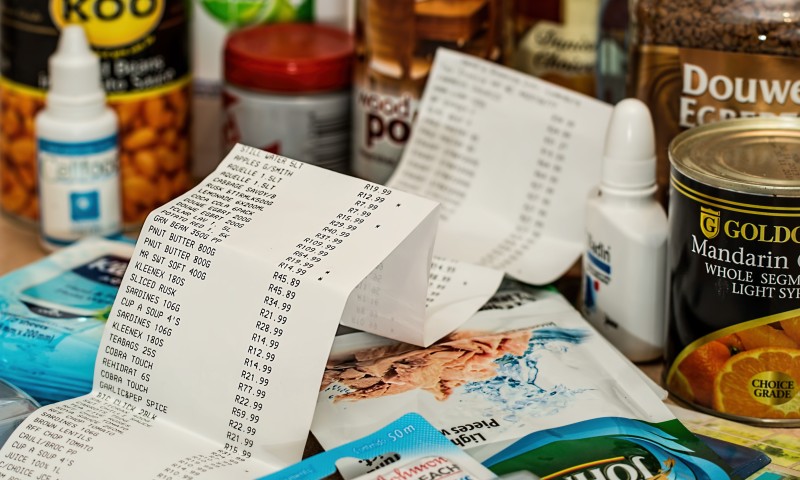Nowadays, we spend about 12-13 percent of our income on food. That may seem like a small number to some, but there are many others things competing with our paychecks such as monthly bills, healthcare costs, etc. That’s why it’s important for us to make the most of what we have to spend on food! Good nutrition should never be an afterthought.
However, part of the problem is that cheap food is typically “unhealthy” food. And it’s delicious, too. A bag of chips not only satisfies a salt craving, but it won’t break the bank. That’s why grocery shopping takes some thought and strategy on our end.
How to Save Money while Eating Healthy for Your Weight
Step 1: Make it Yourself
Meals made at home save you money. They also have more nutritional value than what you would find if you picked up a quick meal at a fast food chain. Those “cheap” meals really add up!
Step 2: Plan Ahead with Flexibility
Bring a grocery shopping list to the store with you. But if you find a great deal on a healthy item, you can always adapt your budget later. Remember that a deal isn’t a deal unless it supports your health! Those BOGO’s on frozen dinners may not be worth it.
Step 3: Cut the Extras
Avoid the “nice to have, but don’t need to have” food items such as chips, cookies and sugary drinks. Opt for items you are sure to use that support your weight management goals.
Step 4: Buy Whole Foods
Purchasing whole foods and cooking them yourself can actually save you money. You will notice that a simple whole food such as a head of broccoli or package of chicken may last you for more than one meal. You can also control what ingredients are used in your meals.
Step 5: Be Cost Savvy
Sometimes smaller portions cost more per ounce because they’re packaged more conveniently for you. If you have the time to do more of the prep work at home, do so. You’ll save more money!
Step 6: Cut Your Portions and Prep Your Meals
By reducing the amount of meat you eat for dinner one night, you might save yourself enough for lunch the next day! The same goes for veggies, whole grains, etc. Reducing your portions can reduce your calorie intake and also lessen your bill when buying groceries for the week.
Step 7: Waste Less Food in Your Fridge and Pantry
If you buy only what is needed for the week and arrange the storage space in your kitchen accordingly, you’re less likely to forget about what’s in there and eventually waste it. Keep things organized and label products in Tupperware so you know what they are and when to use them by.
Step 8: Make Healthy Eating a Priority
Don’t make excuses! If your health is important to you, then so should be your food!
Want to learn more about the “Ins and Outs of Nutrition?” and eating healthy? Check-out the full session video from the 2015 Your Weight Matters National Convention and hear from multiple experts on what you can do to achieve better nutrition.






